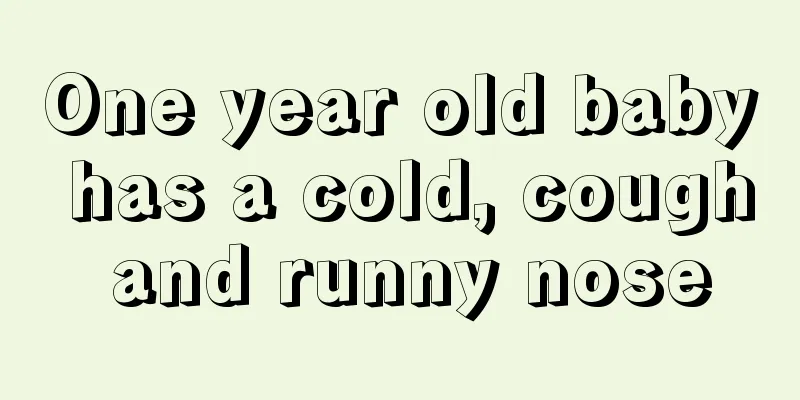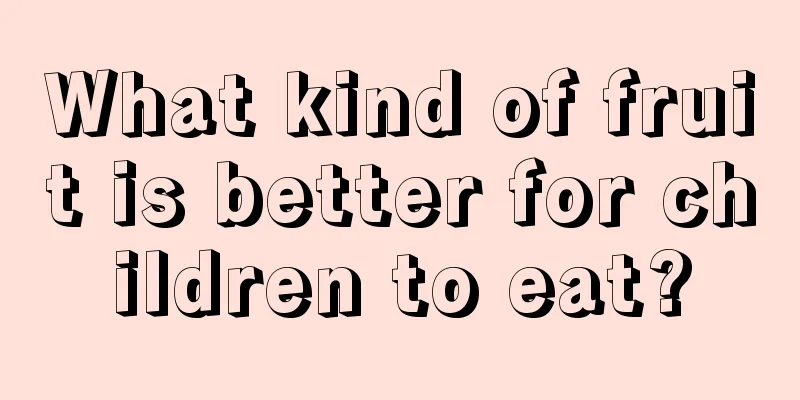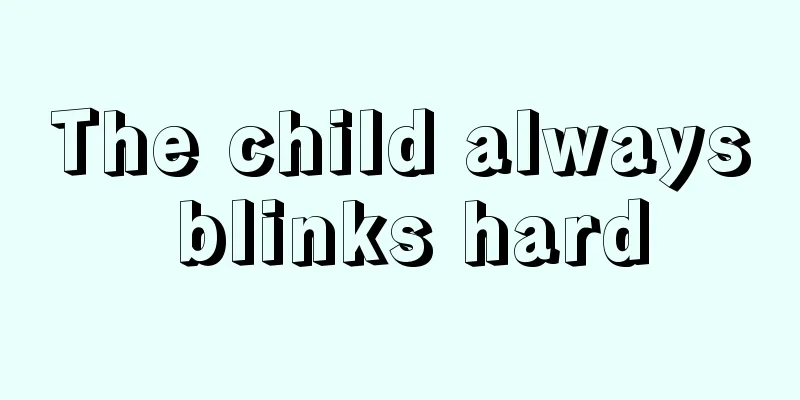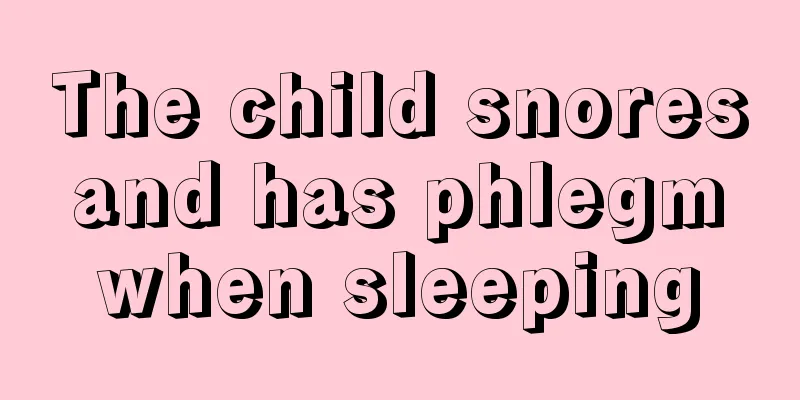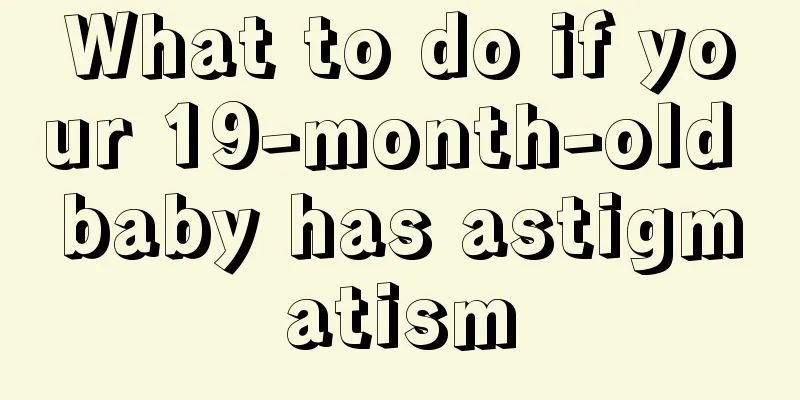Have all the children's teeth been replaced?
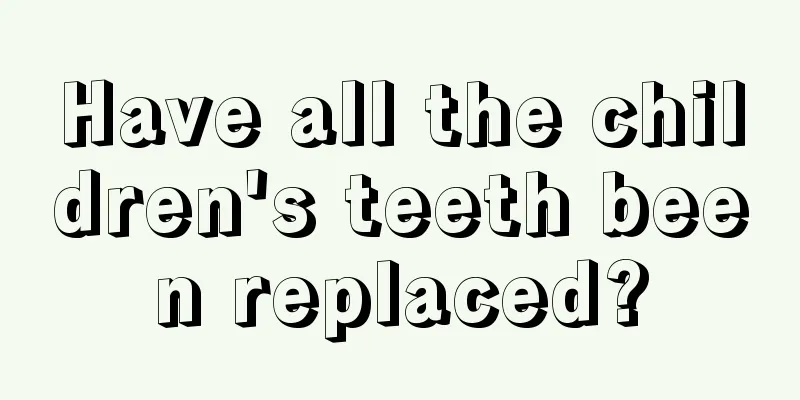
|
After a child reaches the age of six, they will gradually start to change their teeth. Generally, a child has twenty deciduous teeth, ten in the upper row and ten in the lower row. As they grow older, around the age of twelve to thirteen, all the deciduous teeth will normally be replaced by permanent teeth, which will accompany us for life. So, have all the teeth of a child been replaced? First, have all the teeth of a child been replaced? During the period of children's tooth replacement, all 20 deciduous teeth will be replaced by permanent teeth, but the first molar that grows around the age of six, that is, the sixth-year molar, will not be replaced and is permanent. Therefore, children must pay attention to the protection of the sixth-year molar during the period of tooth replacement. Infants begin to sprout deciduous teeth at about 6 months old, starting with the front incisors of the mandible, and all 20 deciduous teeth (10 in the upper row and 10 in the lower row) will grow out at about 2 and a half years old. These 20 deciduous teeth will be replaced by permanent teeth. According to the order in which the deciduous teeth grow, all the deciduous teeth will be replaced by permanent teeth when they are 12-13 years old. Second, if you want to protect your sixth-year molars, you must pay attention to preventing caries on all your teeth. Children's tooth decay is mainly caused by bad habits. Many children eat a lot of snacks every day, especially like to eat some snacks before going to bed, and parents do not urge their children to brush their teeth and rinse their mouths after eating, resulting in a large amount of food residues accumulation, thus causing tooth decay. At the same time, children's bad habits such as biting pencils, sucking fingers, and biting lower lips may lead to oral diseases and affect their teeth. Have all the teeth of children been replaced? The first molar that grows at the age of six is replaced, that is, the sixth-year molar. When the sixth-year molar comes, the deciduous teeth have not been replaced yet. These teeth bear most of the chewing function. The most unique thing about the sixth molar is that it only erupts once and does not go through the process of tooth replacement. Therefore, preventing caries is crucial to protecting the sixth molar. If you do not pay attention to protection, it will lead to permanent tooth loss. Its early loss will not only greatly reduce the child's chewing function and cause malnutrition in the child, but also affect the development of the jaw and cause the adjacent teeth to tilt and the elongation of the jaw teeth to cause occlusal disorder, which has a very adverse effect on the child's physical and mental health. |
<<: What should I do if a small tooth grows inside my child's teeth?
>>: Children have only one testicle
Recommend
How can children eat to grow taller?
The height of children has always been a concern ...
How to care for baby neck eczema?
Many babies will develop eczema during the confin...
These signals tell parents that their children are nutritionally unbalanced!
Many parents are very concerned about whether the...
What should children eat to supplement vitamin C?
Nowadays, after many families have children, the ...
What to eat when baby has low white blood cell count
Because white blood cells are a very important ty...
Why does the baby always suck his lips?
Watching the baby grow up is the happiest thing f...
What are the symptoms of fever and convulsions in children?
If a child has convulsions, the problem is still ...
Why do babies always stick out their tongues?
Young parents are very curious about their baby&#...
Precautions for changing milk powder for newborns
When changing the milk powder for a newborn, you ...
A brief introduction to children's pharyngitis and tonsillitis
In daily life, children are prone to various dise...
Symptoms of convulsions in two-month-old babies
Every change in the baby after birth is watched b...
Children's vitiligo old Chinese medicine
Vitiligo is a very common disease in our lives. I...
Treatment for children with a temperature of 37.5
As parents, when our children have a body tempera...
What to do if the baby's lips turn purple when crying
What should you do if your baby cries and his lip...
Causes of constipation after weaning
It is very common for babies to become constipate...
